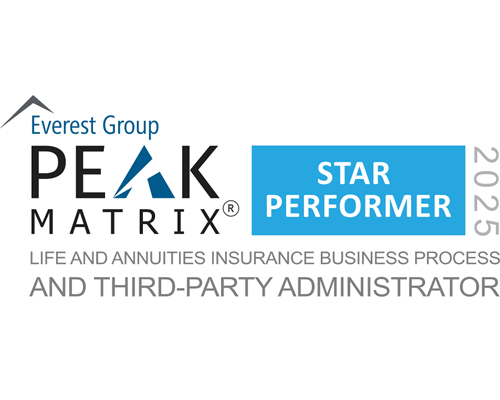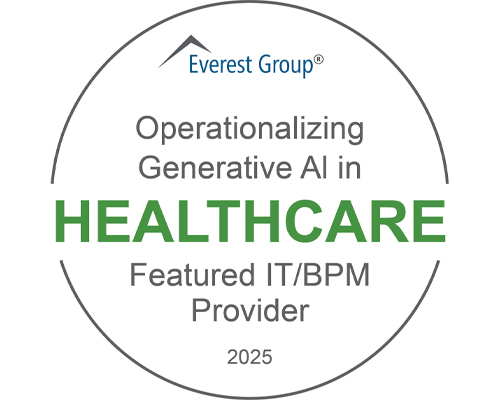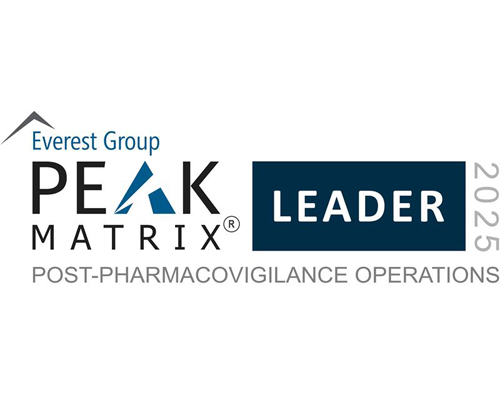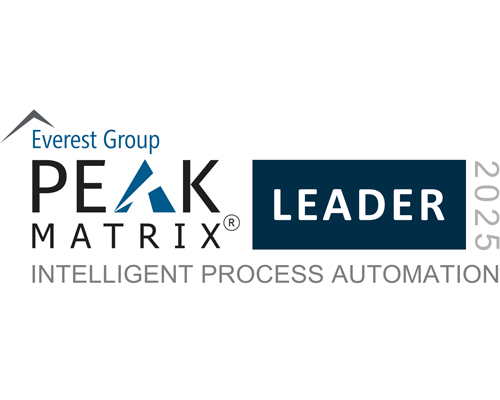Embrace the AI-powered future
Is your enterprise prepared to lead in the new wave of AI-driven operations transformation? As generative AI inspires businesses to rethink how they create value, innovate, and grow, you need a business process services partner who can guide you through the change – confidently and responsibly.
As a business process services partner to some of the largest digital pioneers in the world, we operate at the frontier of the new. We combine our distinctive expertise in powering modern operating models with industry depth and our leadership in process and IT automation to help your business transform operations, stay relevant and thrive.
Let's collaborate and harness the exciting potential of new technologies, data and human ingenuity, so your organization can embrace the AI-powered future and reap the benefits, faster.




































































